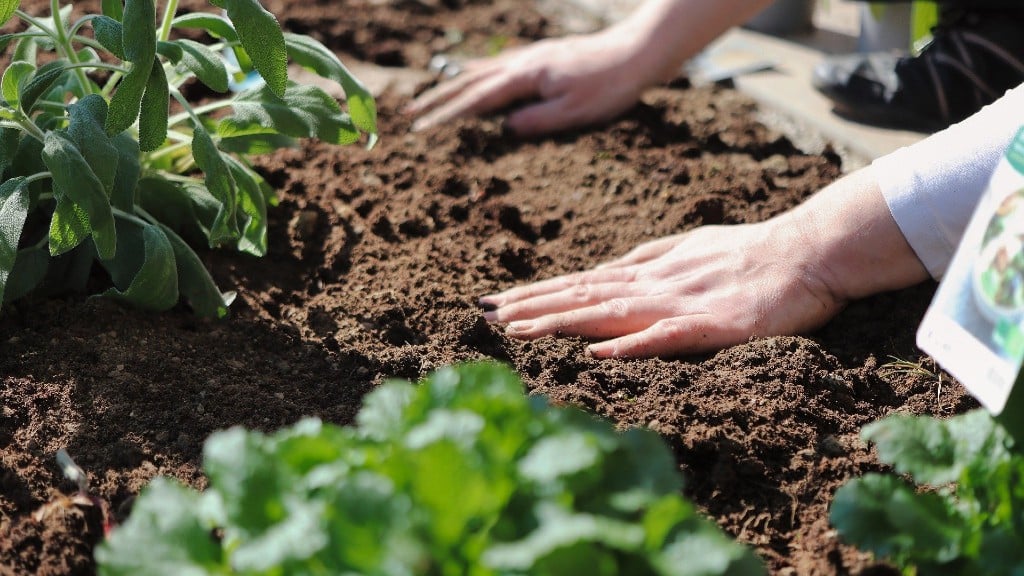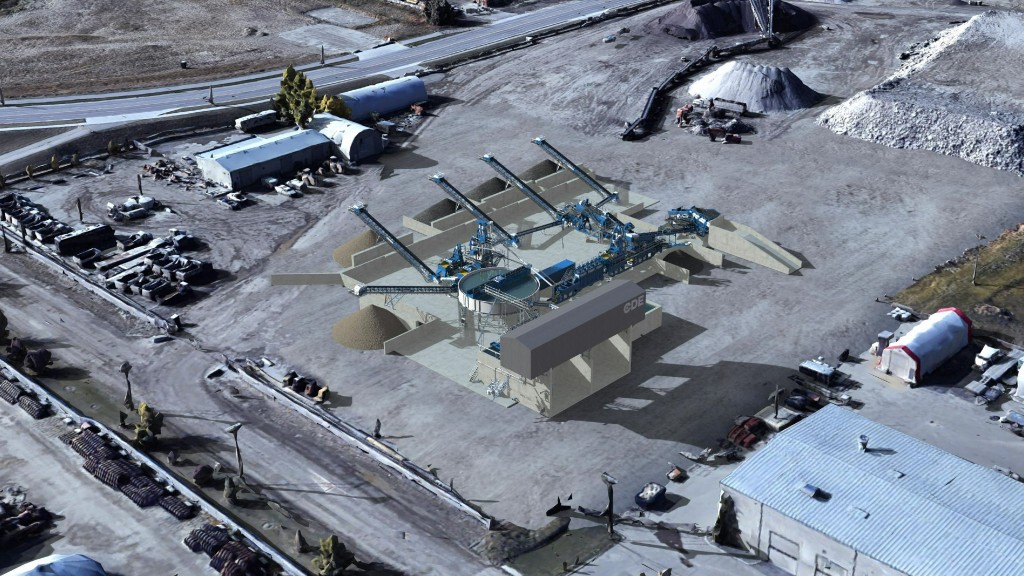Canadian soil has the potential to offset 73 megatonnes of greenhouse gas emissions, says new report

A new report calls on Canada to use the potential of soil to help combat the climate crisis. The report includes detailed, science-based soil- health information, and recommendations.
"Recruiting Soil to Tackle Climate Change: A Roadmap for Canada" was released by the Soil Conservation Council of Canada and the Compost Council of Canada, with the backing of the Metcalf Foundation. The report includes input from soil health researchers and practitioners from across the nation.
Canada boasts approximately 71 million hectares of managed agricultural and urban soils. The "Roadmap" identifies methods of promoting healthy soils to increase and retain more carbon.
The report identifies that our soils have the potential to completely offset agriculture's greenhouse gas emissions footprint, currently estimated at 73 megatonnes (Mt) annually. But that is not all. A focus on soil health will also deliver many fundamental co-benefits. These co-benefits include increases in crop productivity and profitability.
"It is clear that we have sufficient scientific understanding of soil carbon," declared Jim Tokarchuk, Executive Director of the Soil Conservation Council of Canada (SCCC). "We understand the principles of soil management that can maintain and improve the health and carbon levels in our soils. Now, it's time to mobilize the combined might of farmers, municipalities, home gardeners, and all other soil managers. Together we can tackle climate change. We all have the ability to build higher carbon levels in the soils we take care of on a daily basis."
"This report, complete with facts and recommended actions," continues Tokarchuk, "highlights this great potential. It also identifies a clear path forward. The policies, programs, and practices in this document can be adopted by decision-makers at all levels. This includes everyone from the home gardener through the farm level – and up to senior government. By so doing, they will enlist this incredible resource into service."
The Roadmap is a valuable source of information on:
- the basics of soil-carbon science;
- the ways in which that science translates into principles of soil management; and
- the actual practices that manifest these principles on the ground.
It outlines the current soil organic carbon (SOC) status of Canada's soils on a regional basis. As well, it provides projections for the potential to increase these levels. The report also includes case studies of five Canadian farmers. They are seeing substantial SOC increases, while also enjoying greater productivity and profitability.
Finally, the report summarizes the challenges in adopting these practices. It also offers recommendations on how to reduce those challenges going forward.
"Enlisting our soils is a ‘no regrets' strategy to tackle climate change. The wins are huge," said Glenn Munroe, Soil Health Manager, Compost Council of Canada and co-author of the Roadmap. "Soils can effectively store carbon. At the same time, they provide increased fertility, cleaner water, and enhanced biodiversity. For our farmers, they also create greater resiliency and profitability."
The Roadmap is a call to action for Canada to invest in the capabilities of soil. It has the potential to provide significant benefits for generations to come.



